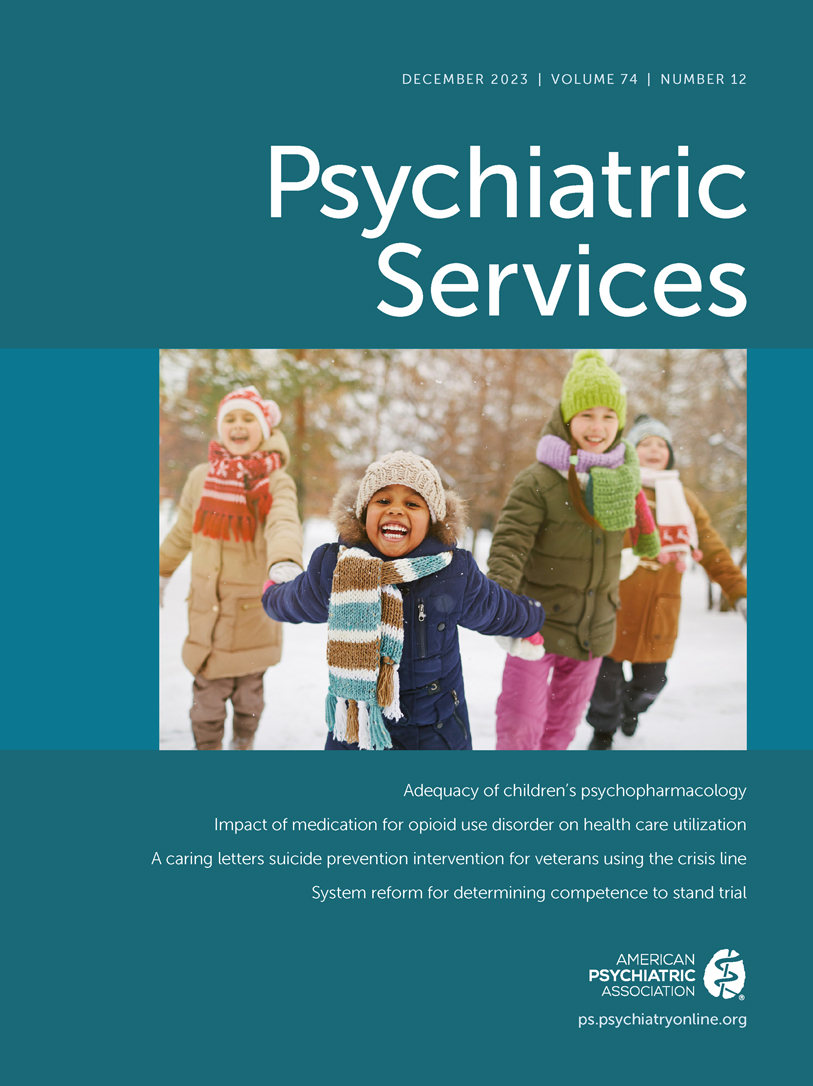Medicare Changes in Response to COVID-19: Unintended Effects for Beneficiaries With Mental Illness or Substance Use Disorders
Abstract
Objective:
The authors explored potential unintended consequences of Medicare policy changes in response to the COVID-19 pandemic for beneficiaries with behavioral health care needs.
Methods:
The authors collected policies relevant to mental health and substance use care. Informed by a literature review conducted in spring 2022, the authors convened a modified Delphi panel with 13 experts in June 2022. The authors assessed expert consensus through panelist surveys conducted before and after the panel convened.
Results:
Two policies that had a risk for unintended consequences for those with behavioral health care needs were identified. Panelists identified a discharge planning waiver as likely to decrease care access, care quality, and desirable outcomes and HIPAA enforcement discretion as likely to increase access to care and desirable outcomes (with some mixed effects on other outcomes) for Medicare beneficiaries with mental illness or substance use disorders.
Conclusions:
Policies implemented quickly during the pandemic did not always account for unintended consequences for beneficiaries with behavioral health care needs.
Access content
To read the fulltext, please use one of the options below to sign in or purchase access.- Personal login
- Institutional Login
- Sign in via OpenAthens
- Register for access
-
Please login/register if you wish to pair your device and check access availability.
Not a subscriber?
PsychiatryOnline subscription options offer access to the DSM-5 library, books, journals, CME, and patient resources. This all-in-one virtual library provides psychiatrists and mental health professionals with key resources for diagnosis, treatment, research, and professional development.
Need more help? PsychiatryOnline Customer Service may be reached by emailing [email protected] or by calling 800-368-5777 (in the U.S.) or 703-907-7322 (outside the U.S.).



